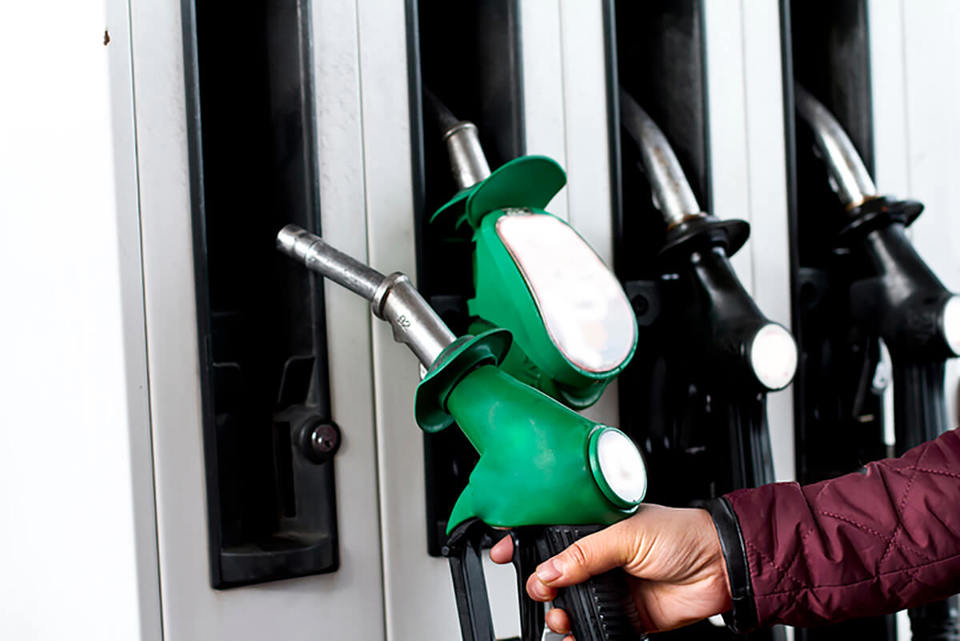The fall in pump prices could be short-lived after May’s general election if a new Government decides it’s time for a hike in fuel duty. Having been frozen for the past three years, it could once again be targeted by a new administration facing the fiscal challenge of deficit reduction.
However, almost two thirds (64.2%) of respondents to a Fleet News poll believe a litre of diesel will remain less than £1.20 come the end of the year. And about one-in-five (18.6%) predict that company car and van drivers could be paying less than a £1 for a litre of diesel within the next 12 months.
But, with around 70% of the price paid at the pumps down to tax, a barrel of oil would have to fall to around $25 (£16) to reach that milestone.
At the time of writing, the price of Brent crude fell below $50 a barrel – a six-year low – from $110 last June, and the big four supermarkets cut pump prices again.
Tesco, Sainsbury’s, Asda and Morrisons all reduced the price of a litre of diesel and petrol by a further 2p, to an average of around 110-112p per litre for diesel.
Adding to this are further incentives, such as Tesco’s Clubcard, which enables drivers to lop up to 20p per litre off a single re-fill in a promotion running until the end of February.
RAC fuel spokesman Simon Williams said: “We are now getting to a point where the share that the Treasury takes from the forecourt price is nearing 75%.
“We should perhaps be seeking a commitment from all the major political parties that they will not look to increase fuel duty in the next parliament.”
Investment house Goldman Sachs predicts the price of Brent Crude will stay at around $40 a barrel for the next four or five months.
Production from north America has increased the supply of oil and gas, which has helped prices to tumble.
Pete Zaborszky, owner of PetrolPrices.com, said: “The fracking industry, combined with less demand in China, are driving prices lower.
“There’s a huge new supply of oil on the market right now from the US, who are also the biggest consumers, while speculators were expecting Chinese demand to grow, which it hasn’t. A lot of speculators are betting on the price falling.”
The price of oil is being further undermined by slowing global economic demand and a rising dollar.
Zaborszky continued: “While I think prices will slowly find a floor, I don’t think they will explode by the end of the year. I would be surprised if they go back to over $70 this year. I think the prices will fluctuate until then, so a litre will either be around today’s price or slightly higher.
“However, I think there’s big temptation on the Government right now to raise fuel duty, and I do expect them to raise it this year, which would increase prices.”
Chancellor George Osborne announced in the Autumn Statement a continuing freeze on fuel duty (Fleet News, December 11, 2014).
However, after May’s general election that could change, because Osborne, or a new chancellor, would not have to concern themselves with a backlash from voters – not for a further five years anyway.
There will certainly be no desire to cut fuel duty, despite continuing calls from hauliers, the Fair Fuel UK campaign and the RAC Foundation.
Professor Stephen Glaister, of the RAC Foundation, said: “We estimate that UK drivers are £330 million better off each month, compared with last summer, due to price reductions at pumps. Yet they could be better off still, and have more money to spend, if the Chancellor reduced the huge proportion of tax he takes from motorists and hauliers.”




















Login to comment
Comments
No comments have been made yet.